Do you use mentor texts to teach writing?
Reading and examining mentor texts with students is a powerful strategy. Just about any book can serve as a mentor text, depending upon what your students’ skills are and what you want them to learn about writing!
In this post, I’ll share some strategies for working with mentor texts. Then, I’ll share a BIG list of mentor texts for 1st and 2nd grade! (Note: for a list that also includes Kindergarten mentor texts, click HERE!
1. Before you bring a book into your writing workshop to use as a mentor text, read it for enjoyment and comprehension during a different part of the day. Students need to have an opportunity to enjoy and talk about the content of a text before they are asked to examine it closely and use it to learn about writing.
2. Explicitly teach students how to read a book as writers. Explain to students that people use books for many purposes – for enjoyment, to learn about a topic, and also to learn how to write. Model how to read a familiar book and examine the writing. Comment on how you notice things like characters, when the author introduces a problem, the types of words that an author uses, punctuation marks, and so on. Students need to hear how you read as a writer before they are able to do it themselves.
3. Use the same book for multiple lessons. While it’s great to expose students to a variety of mentor texts, you can also use a single text for multiple minilessons. For example, in my second grade writing workshop curriculum, I use the book Amazing Grace (Mary Hoffman) to teach students how to include a problem in a narrative, write an ending, and write dialogue. This helps save time, because students are already familiar with the text and can dive right into the focus of the minilesson.
4. Use mentor texts to guide your own planning. Sometimes when I start planning a unit, I struggle to try and determine what, exactly, I want my students to be able to do as writers of a certain genre. When this happens, I turn to mentor texts. For example, if I am planning a nonfiction unit, I might take out a children’s nonfiction text and try to notice what the author is doing. Is the author giving examples? Providing definitions of important words? Organizing the information into categories? These are all things that I can teach students to do in their own writing.
5. Teach students to find their own mentor texts. Show students that they can use their own independent reading to grow as writers. You might have students keep a list of interesting words they find in the books they read, so that they can later use the words in their own writing. Encourage students to share their findings with the entire class.
And now…for some wonderful mentor texts for 1st and 2nd! I’ve organized these books by genre and grade level. **I divided them up by grade level for the convenience of teachers who are using either my 1st grade or 2nd grade writing curriculum and want to see all of the mentor texts in one place. However, most of these books will work for either grade level.** You can click on each book’s title to read more about it or purchase it from Amazon.
Narrative:
1st Grade:
Fireflies (Julie Brinckloe) – personal narrative
Kitchen Dance (Maurie J. Manning) – personal narrative
Salt Hands (Picture Puffins) (Jane Chelsea Aragon) – personal narrative
Peter’s Chair (Picture Puffins) (Ezra Jack Keats) – can be used to teach personal narratives, but not told from 1st person perspective
Roller Coaster (Maria Frazee) – can be used to teach personal narratives, but not told from 1st person perspective
Knuffle Bunny: A Cautionary Tale (Mo Willems) – realistic fiction
Kitten’s First Full Moon (Kevin Henkes) – fiction
Can I Play Too? (An Elephant and Piggie Book) (Mo Willems) – fiction
Oliver Button Is a Sissy (Tomie dePaola)
2nd Grade:
The Leaving Morning (Angela Johnson) – personal narrative
My Rotten Redheaded Older Brother (Patricia Polacco) – personal narrative
Bigmama’s (Donald Crews) – personal narrative
Owl Moon (Jane Yolen) – personal narrative; great for teaching descriptive details
A Chair for My Mother (Vera Williams) – personal narrative
The Relatives Came (Cynthia Rylant) – personal narrative
Shortcut (Donald Crews) – personal narrative
Thunder Cake (Patricia Polacco) – personal narrative
One Morning in Maine (Picture Puffins) (Robert McCloskey) – narrative
Too Many Tamales (Gary Soto) – narrative
Thank You, Mr. Falker (Patricia Polacco) – narrative / personal narrative
Amazing Grace (Mary Hoffman) – narrative
Mirette on the High Wire (Emily Arnold McCully) – narrative
Whistle for Willie (Ezra Jack Keats) – narrative
Informational/Nonfiction/Expository:
1st Grade:
How a House Is Built (Gail Gibbons) – how-to book
How to Make Salsa (Jamie Lucero) – how-to book
Make a Valentine (Book shop) (Dale Gordon) – how-to book
The Pumpkin Book (Gail Gibbons) – one page has a how-to
All About Sharks (Jim Arnosky)
What Is Weather? (Ellen Lawrence)
2nd Grade:
The Bicycle Book (Gail Gibbons)
All Kinds of Habitats (It’s Science!) (Sally Hewitt)
The Abcs of Habitats (Abcs of the Natural World) (Bobbie Kalman)
Nature’s Patchwork Quilt: Understanding Habitats (Mary Miche)
What Is the World Made Of? All About Solids, Liquids, and Gases (Kathleen Weidner Zoehfeld)
Solids, Liquids, And Gases (Rookie Read-About Science) (Ginger Garrett)
Opinion/Persuasive:
1st Grade:
The Best Part of Me: Children Talk About their Bodies in Pictures and Words (Wendy Ewald)
I Wanna Iguana (Karen Kaufman Orloff) – can also be used to teach letter writing
Don’t Let the Pigeon Drive the Bus! (Mo Willems)
Don’t Let the Pigeon Stay Up Late! (Mo Willems)
Hey, Little Ant (Phillip Hoose)
Click, Clack, Moo: Cows That Type (Doreen Cronin) – can also be used to teach letter writing
I Wanna New Room (Karen Kaufman Orloff) – can also be used to teach letter writing
2nd Grade:
Dear Mrs. LaRue: Letters from Obedience School (Mark Teague) – can also be used to teach letter writing
Should We Have Pets?: A Persuasive Text (Sylvia Lollis)
(and see above 1st grade mentor texts)
What mentor texts would you add to this list?
If you are interested in ready-to-go lesson plans and materials to teach writing to first or second graders, click on one of the pictures below.
To read more about implementing writing workshop in your classroom, check out this post!
Happy teaching!

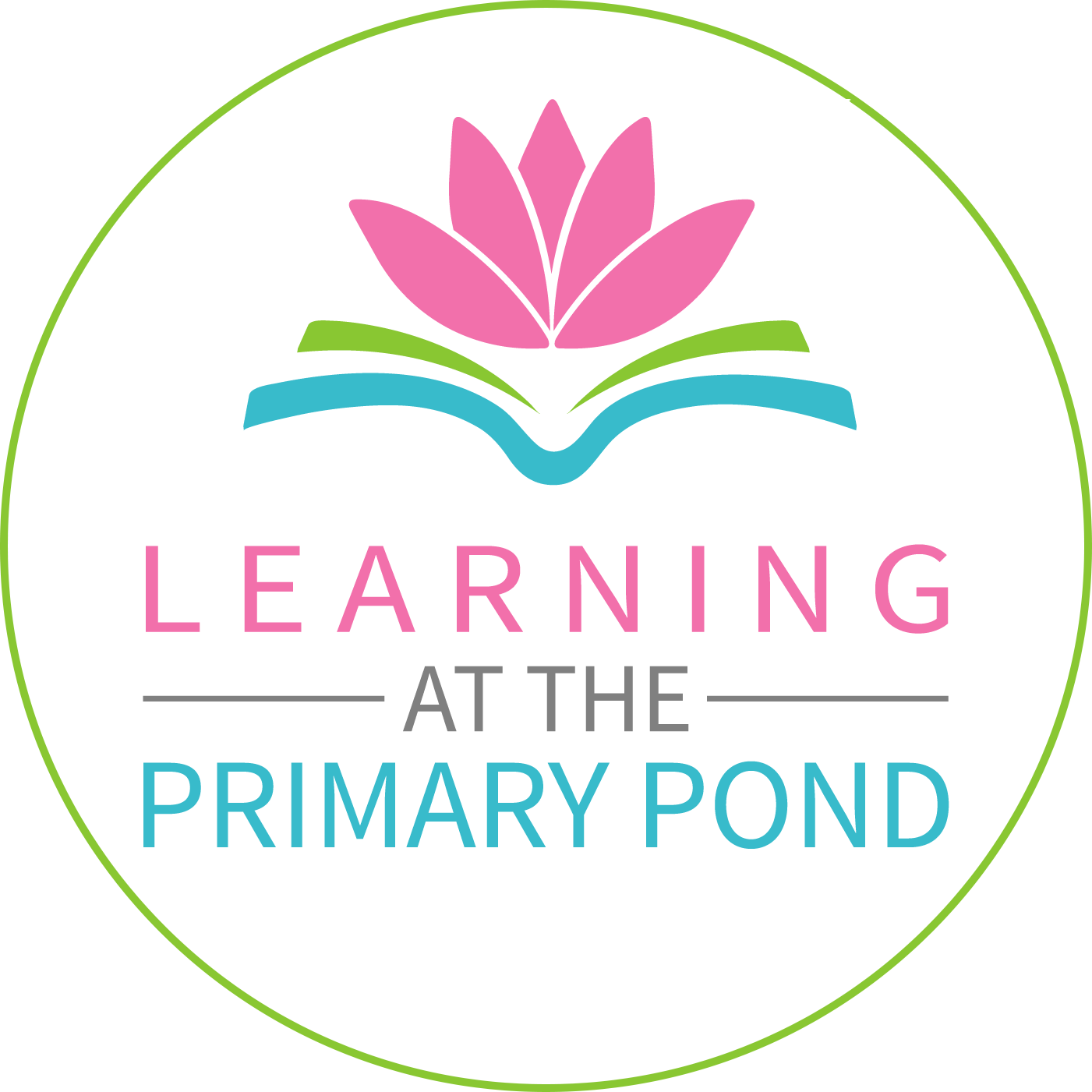
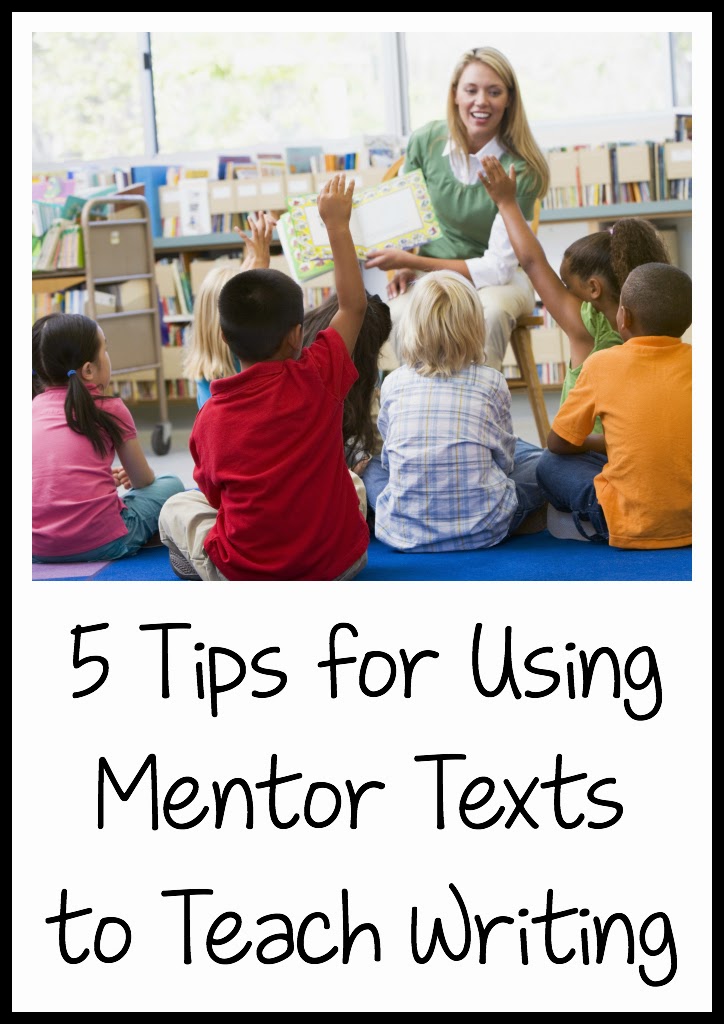
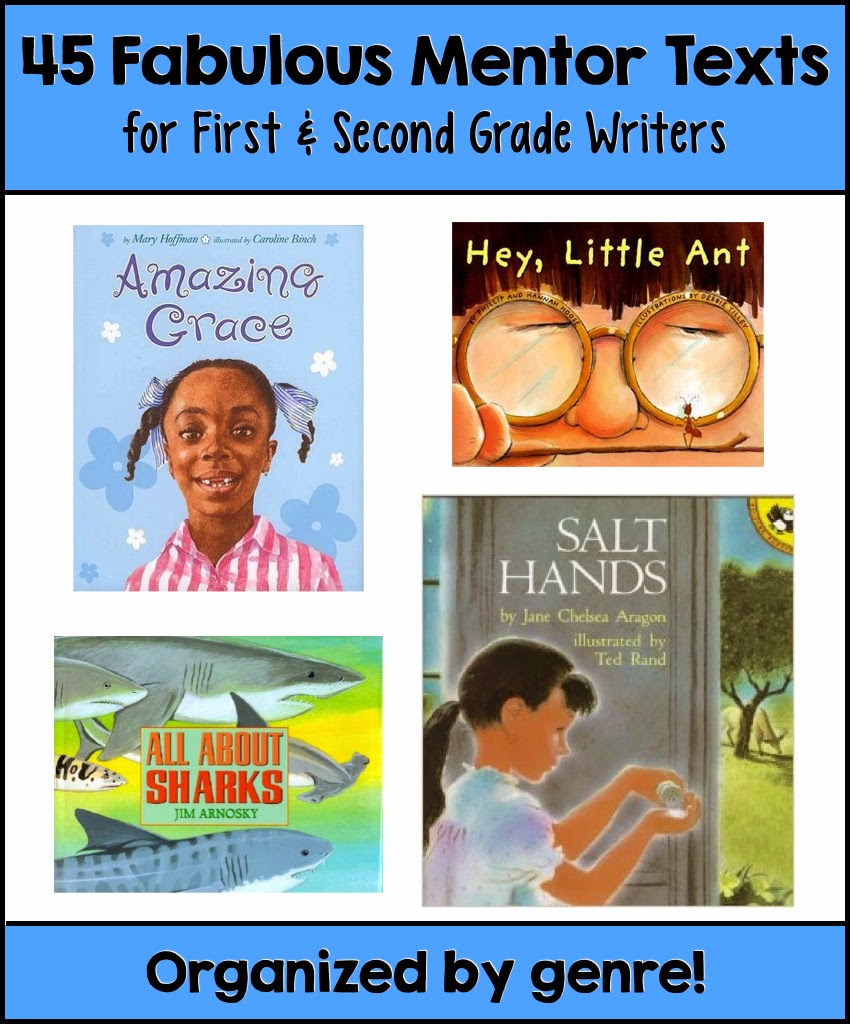
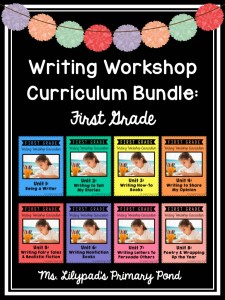
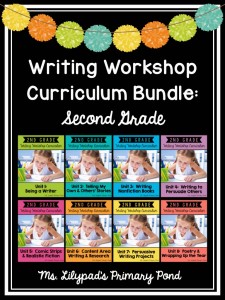
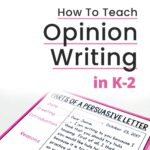
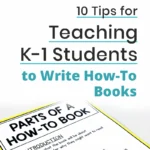
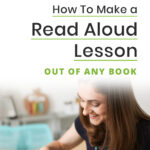
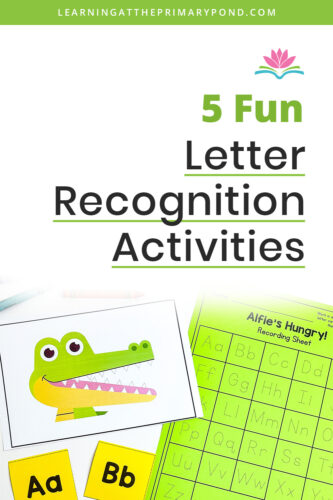
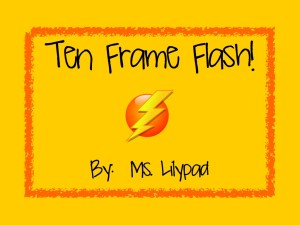
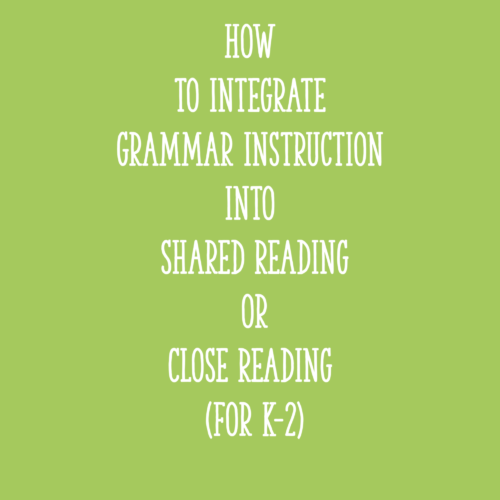

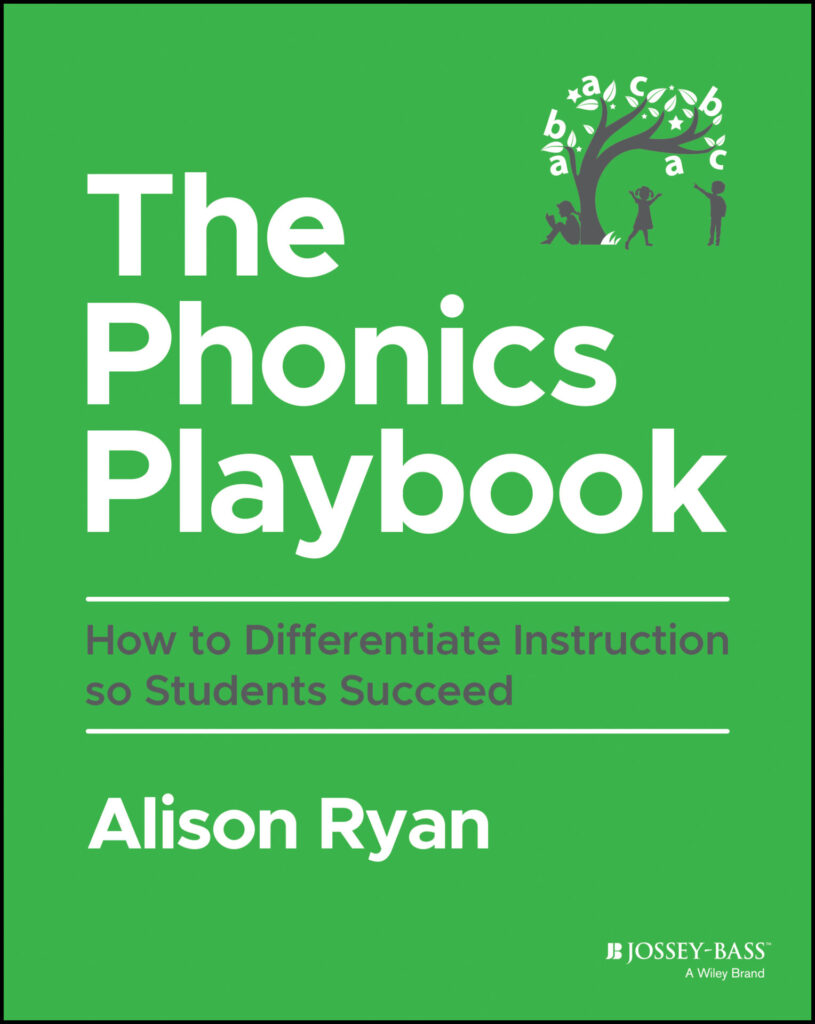
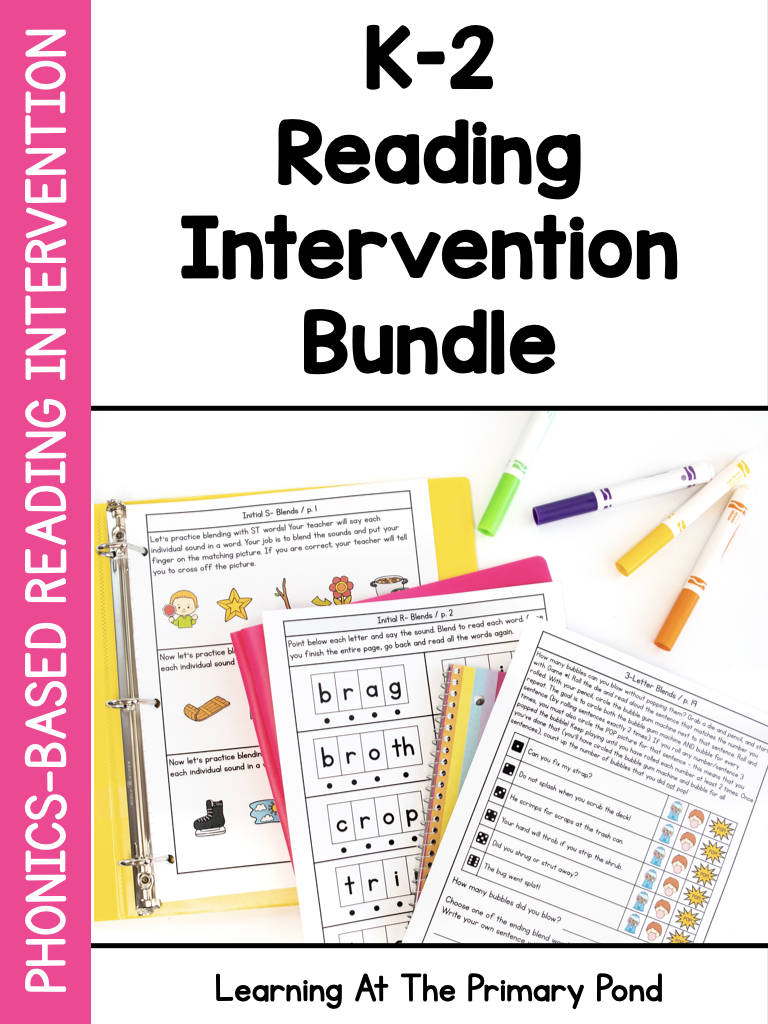
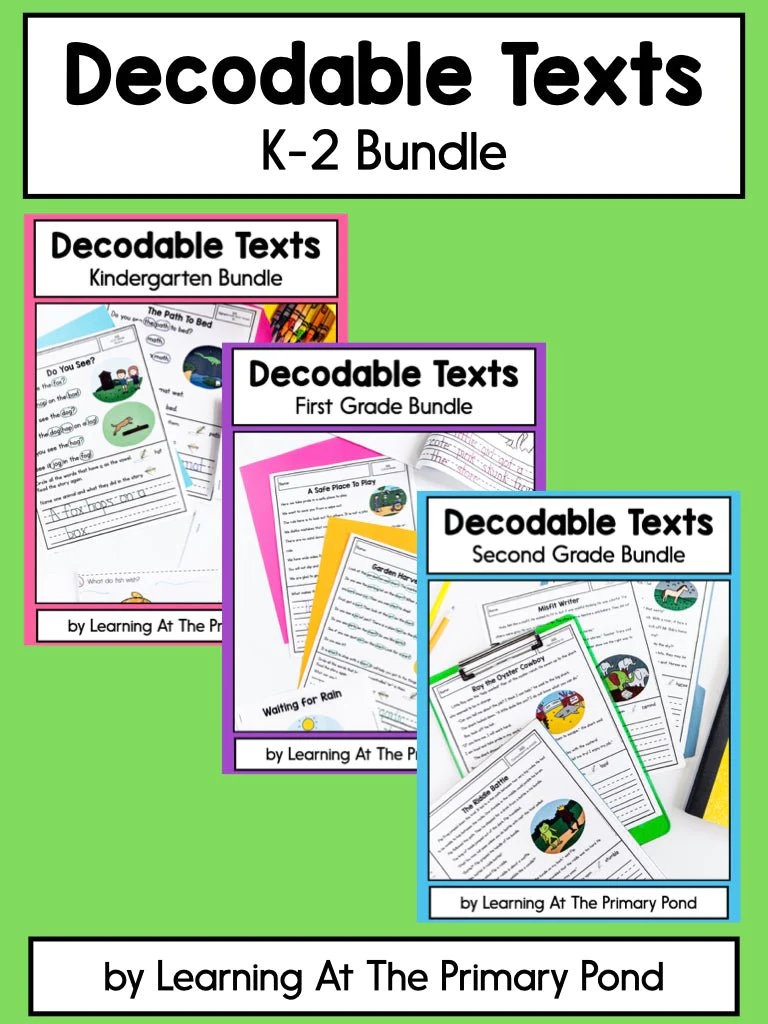

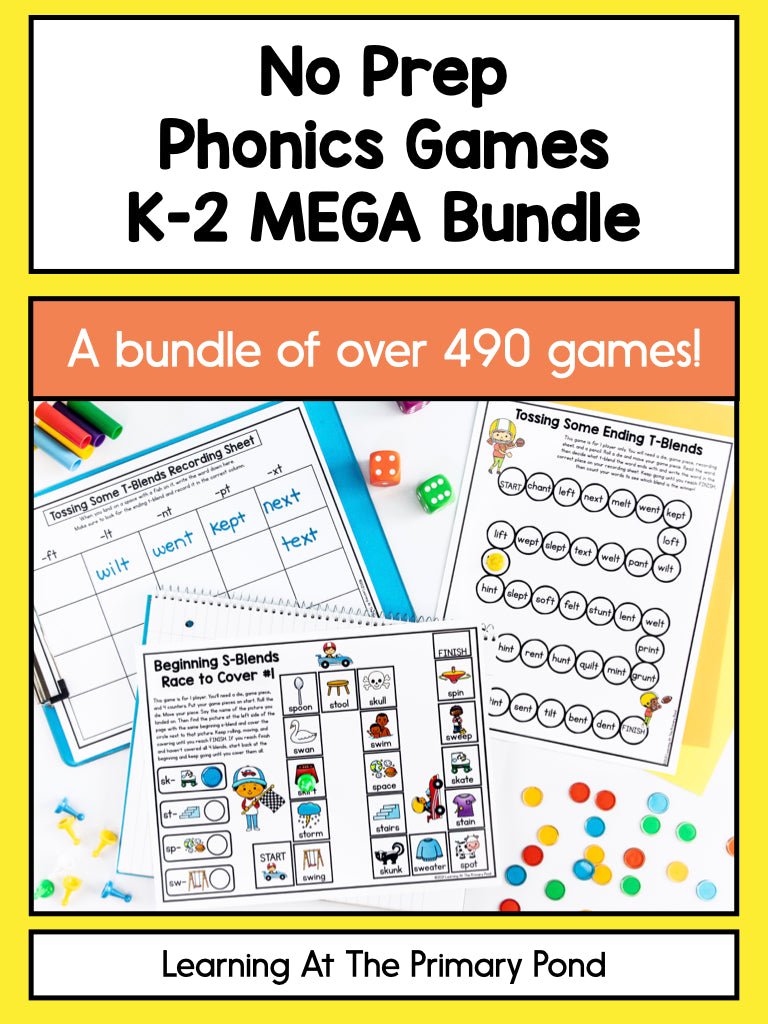
Wow! thanks for such a great list! I will definitely be sharing these with my first and second grade classroom teachers. Your tips are great too – especially number 1. That makes so much sense!
Thanks for sharing – Michelle
Thanks for the sweet comment Michelle! I hope the list is helpful to your teachers! 🙂
Great post! Very helpful and one I’ll share with my colleagues. Thank you!
❤Firstgradebloomabilities❤
I went over this site and I think you have lots of fantastic information, saved to faves.
Do you have a list like this in Spanish?
Hi Maria! I do not, but many of those books are also available in Spanish and I’ve used them as mentor texts when teaching writing workshop in Spanish. 🙂
Alison
Hi,
I’m an ELD teacher with grades 2nd-5th. I’m going to buy either your entire Writing Workshop Curriculum Bundle for 2nd grade or some of the units.
I’m impressed by what I’ve seen and all of the very positive comments about your bundle. I need to find something similar to teach 3rd-5th graders. My focus (well, my principal’s for ELD) is writing. We’re using Lucy Calkins. I’d appreciate anyone you might recommend with TPT who has similar units for 3rd-5th.
Thank you for your help!
Valerie Peet
California
Hi Valerie! I don’t personally know of something similar for 3rd-5th grade students, but maybe another reader can help out! 🙂
Alison
Hey Alison….I love this….do you have some fun book suggestions for Kindergarten, writing, mentor texts?! Some of the 1st grade books you shared would TOTALLY work in kindergarten; interested in you opinion of other options?!
Hey Sophie! I do! Check out this list: https://drive.google.com/open?id=0B1UI0Z21uTN6MjlrNzdfSVhBV1E
Alison
Hi there, I appreciate your in-depth writing about both reading and writing. In my district we have about 90 minutes designated to language arts, and I find that is hard to do reading workshop and writing workshop and a read-aloud and phonics all within that amount of time. Would you be so kind as to share your schedule, and how you fit it all in?
Thanks for sharing any advice!
Hey Tricia! That definitely sounds like a time crunch! Here are some links for sample schedules, and a link with ideas about how to fit it all in when you are pressed for time. I hope this helps! 🙂
Alison
https://learningattheprimarypond.com/blog/balanced-literacy-block-for-first-grade/
https://learningattheprimarypond.com/blog/fitting-it-all-in-how-to-schedule-a-balanced-literacy-block-for-second-grade/
https://learningattheprimarypond.com/blog/what-to-do-when-you-cant-fit-all-of-the-balanced-literacy-components-into-your-literacy-block/
Hi Allison. Thanks so much for sharing your knowledge and practical info with us!
Just starting this formally in our district with very little PD and support! Your info has been extremely helpful! Thank you!
I’m so glad, Linda!! Thanks for reading!
Alison
This is really helpful! Thank- you for the wonderful list!
I’m so glad! You’re welcome!!
Alison
Olivia’s Birds Saving the Gulf written by an eleven year old – great mentor text for informational writing
Give Bees a Chance – great mentor text for opinion writing
Hey Kelly, thanks so much for sharing these!! I appreciate you!
Alison